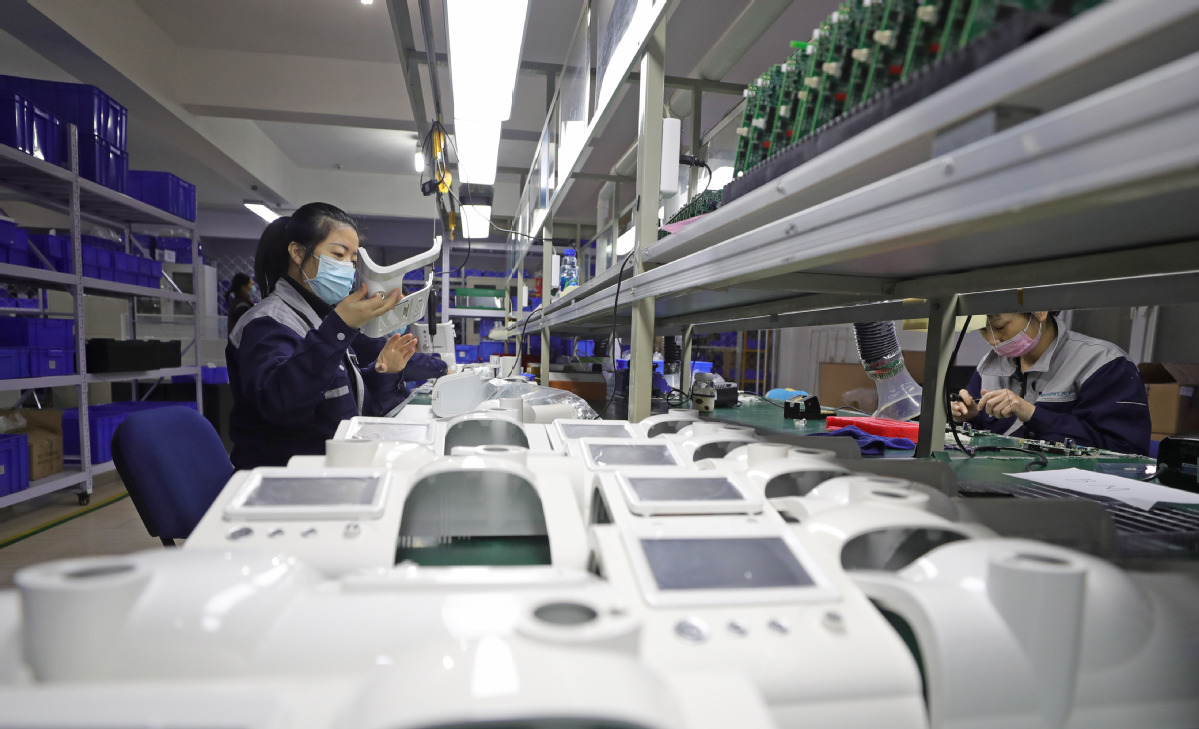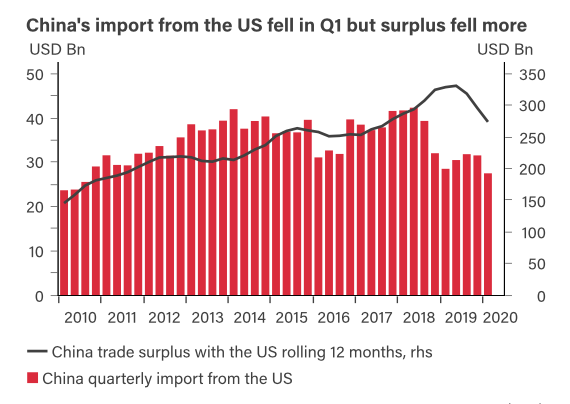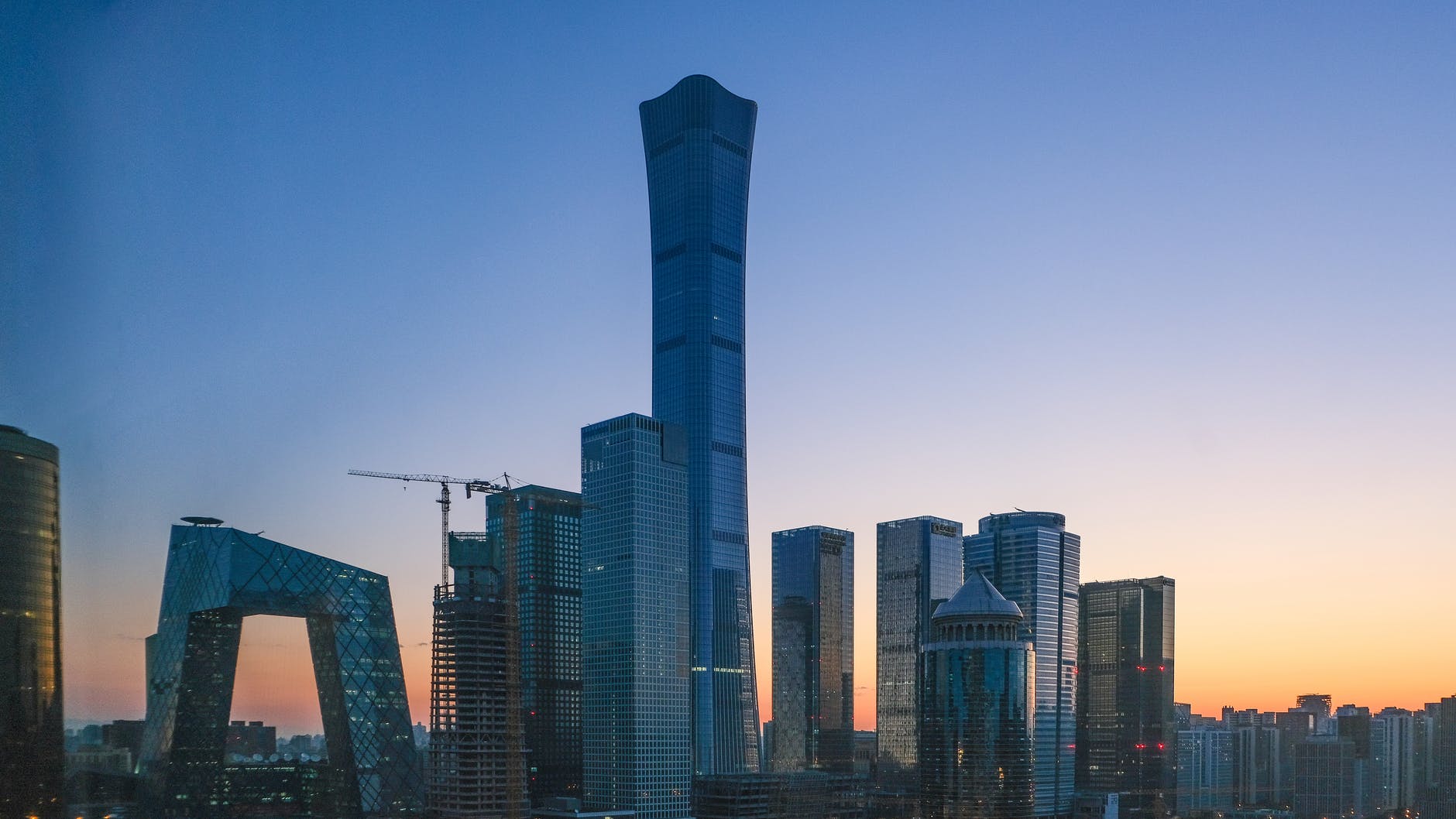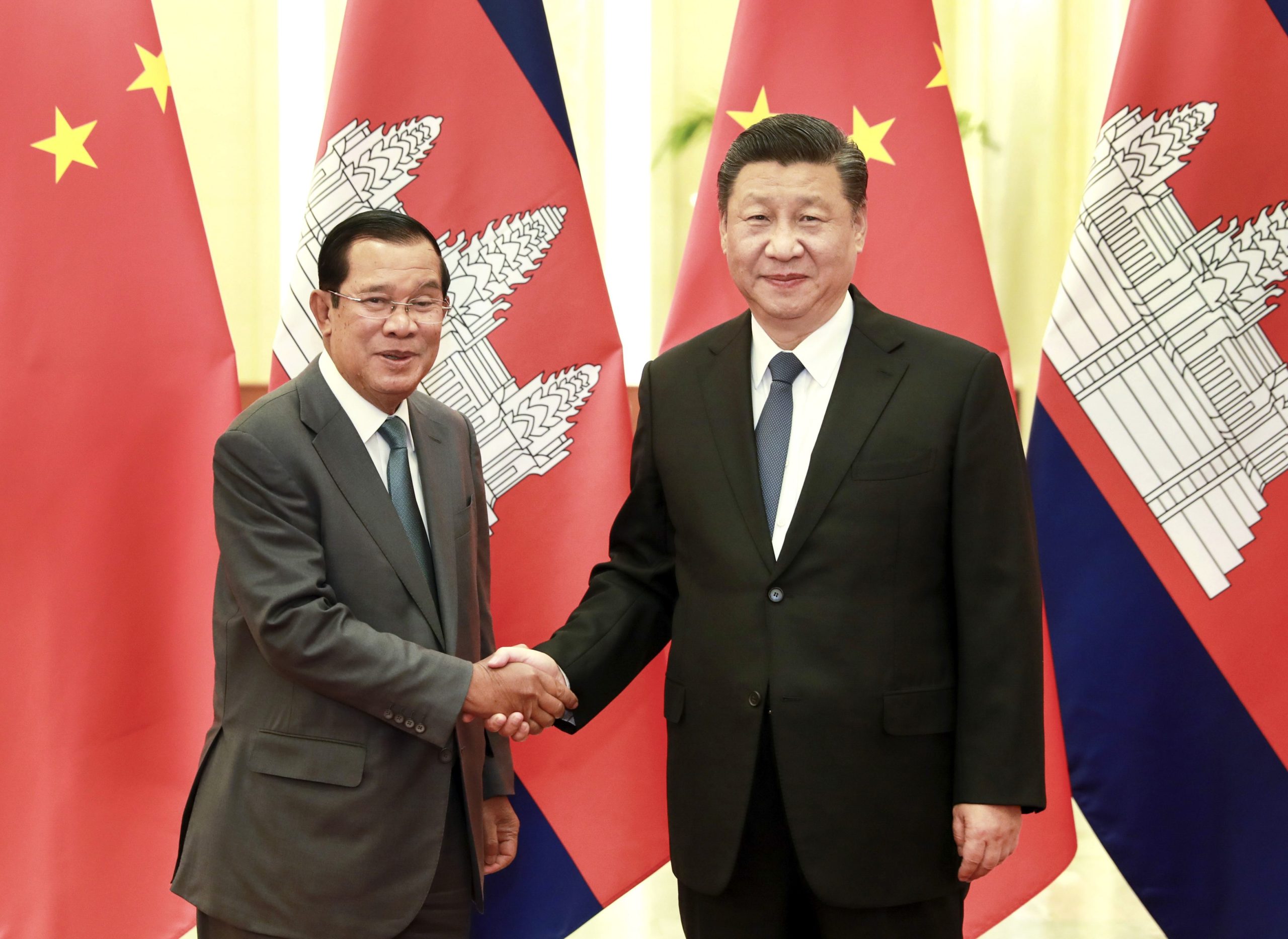
Four provinces have appointed senior provincial Party and government leaders as “heads of industrial chains” to ensure supply chain stability.

Four provinces have appointed senior provincial Party and government leaders as “heads of industrial chains” to ensure supply chain stability.

Beijing is concerned about the stability of supply chains and is asking both SOEs and private firms to help.

Beijing bought much fewer goods from the U.S. in Q1, making it impossible to meet the targets written in the phase-one deal.

Beijing unveiled the most important reform guideline since 2013, highlighting the use of data and technology in order to improve governance.

China’s tech giants have been playing a vital role in the fight against the COVID-19 by tracking population flow.

The global public relations campaign is meant to build up empathy and support for China’s political system.